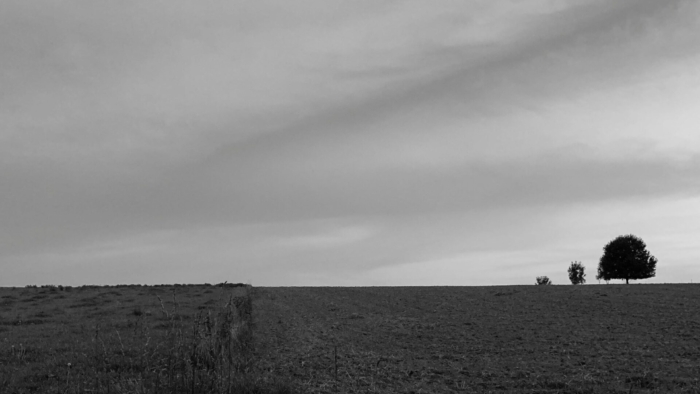Recently, I had the chance to speak with my former teacher, Dr. Norman Wirzba, for an interview for Love Your Place’s upcoming book club on Living the Sabbath. During our conversation, I asked him what place Sabbath rest might have in our national unrest surrounding racial injustice. He noted that unrest is “a description, a marker” that comes when “things are not as they ought to be.” In this way, he said, unrest could be described as a form of lament; a crying out to God “when we see the world God loves is being destroyed or abused.”
This refreshing of the sheltering at home resources includes laments. There’s the song “Rose Petals” from Common Hymnal, featuring Dee Wilson. Ragan Sutterfield’s essay, “The End of the World as We Know It,” begins with a sort of lament as well, acknowledging the grief at what’s lost in our ecological crisis.
But these laments don’t simply halt in the midst of grief. “Let us march on,” Wilson sings. Sutterfield ends on the hope of what Pope Francis calls “community conversion,” which opens us to our places and communities with the possibility of love. In the latest Earthkeeper’s podcast, Lenore Three Stars describes a kinship model of creation care founded in such love. This movement from lament to hope is not painless. It’s not instantaneous. But it works with the grain of God’s Sabbath intent. In a beautiful sermon, David Nienhuis describes how reconciliation is the work of Christ in the world. Reconciliation may, perhaps must, start with the pains of lament, contrition, grief, and anger at injustice. But it leads to opening, repentance, conversion, justice, and care.
Find these and more resources at Resources for Sheltering at Home.









Add a Comment